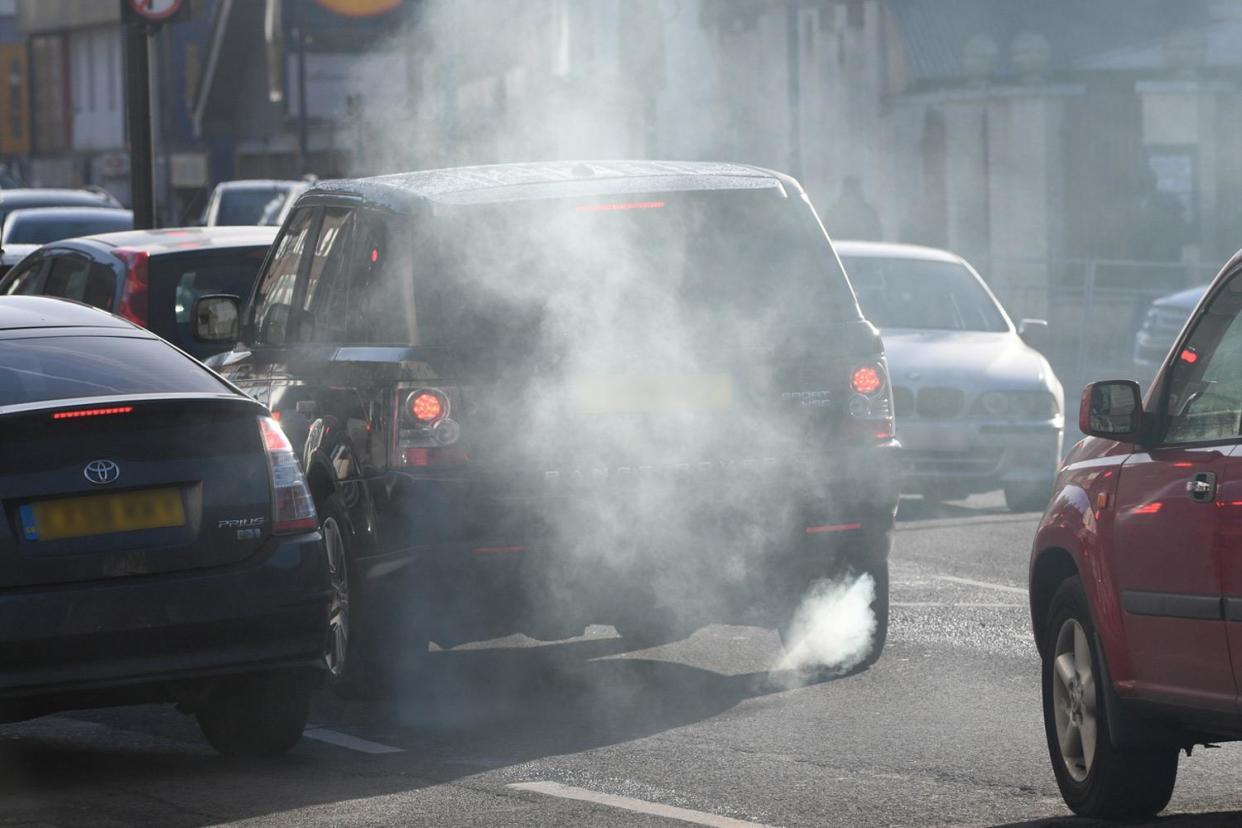Children sitting in back of cars ‘exposed to dangerous levels of pollution’, Unicef warns

Parents are unaware that children sitting in the back of cars are likely to be exposed to dangerous levels of pollution, a United Nations agency warned today.
Unicef urged the Government to publish guidance highlighting that the air inside cars may be more toxic than outside on the pavement.
The UN’s body to protect children’s rights joined City chiefs, motoring bosses, doctors, teachers, scientists and local groups to issue an unprecedented call to the Government to tackle London’s toxic air scandal.
In evidence to a Commons super-inquiry into air pollution:

The City of London Corporation warned that nitrogen dioxide pollution in the Square Mile may still be above legal limits in eight years unless radical new measures are introduced.
Car giant Vauxhall proposed a new air quality tax on fuel to help fund the switch to electric vehicles.
The Royal College of Physicians highlighted that air pollution can harm babies even before they are born.
The RAC warned that “immediate imposition” of disproportionate restrictions or charges, which do not give drivers time to adapt, will damage the economy.
One of the most alarming submissions came from Unicef which highlighted a study in Copenhagen which found that pollution levels may be higher inside cars than outside, due to emissions building up in the cabin rather than dissipating outside.
“Children sitting in the back seat are likely to be exposed to dangerous levels of pollution, yet many parents remain unaware of this risk, and of the substantial reduction in exposure — as well as health co-benefits – experienced by those walking and cycling along the same urban routes,” said the UN body.
“The Government should ensure that drivers receive accurate information on the impacts of air pollution, how exposed car passengers are, and proactive steps that they can take to reduce children’s exposure.”
The City of London is set to introduce a three-tier system of parking charges with a surcharge on older vehicles but drivers of low emission cars awarded a modest cut in parking fees. At present the City charges a flat rate of £4.80 per hour for on street parking.
Charges for electric cars, hydrogen powered vehicles, and hybrids, will be reduced to £4 per hour.
Parking fees for petrol cars built after 2005, and diesel vehicles built after 2015, will increase to £5.30 per hour.
But older cars – which the City calculates makes up a third of the vehicles on its roads - will have charges increased to £6.80 per hour.
The Standard revealed yesterday that diesel surcharges in Westminster and Islington will mean, for some motorists, that it will cost around £50-a-day to drive into and park for four hours in some parts of central London, once the £11.50 Congestion Charge, and £10-a-day T-Charge are included.

 Yahoo News
Yahoo News 
